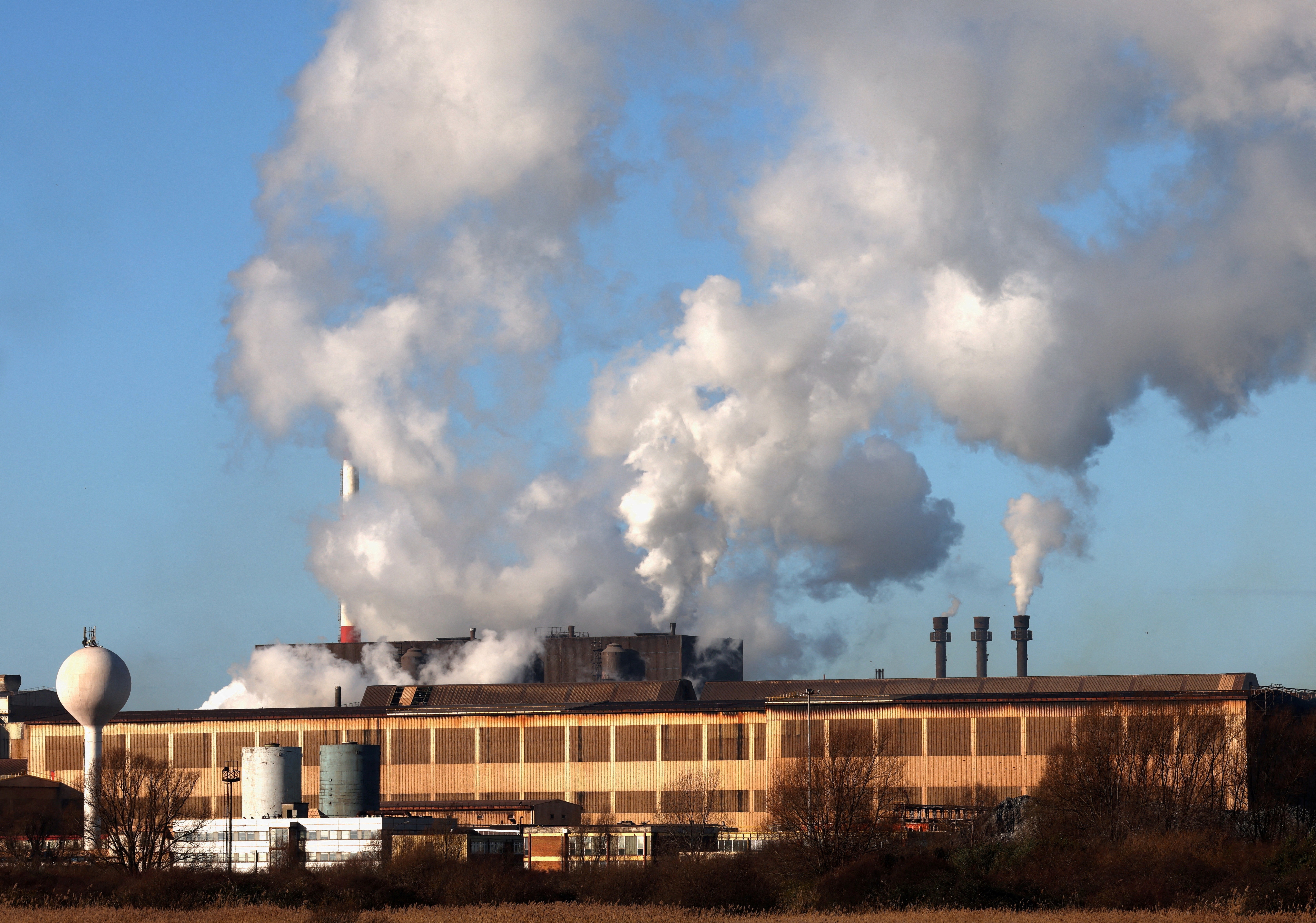Global carbon dioxide emissions from burning fossil fuels are set to hit a record high this year, exacerbating climate change and fuelling more destructive extreme weather, scientists said.
The Global Carbon Budget report, published on Tuesday during the COP28 climate summit, said that overall CO2 emissions, which reached a record high last year, have plateaued in 2023 due to a slight drop from uses of land like deforestation.
Countries are expected to emit a total 36.8 billion metric tons of CO2 from fossil fuels in 2023, a 1.1% increase from last year, the report by scientists from more than 90 institutions including the University of Exeter concluded.
When land use emissions are included, global CO2 emissions are set to total 40.9 billion tons this year.
Emissions from coal, oil and gas all rose, driven by India and China. The Chinese rise was caused by its economy reopening after COVID-19 lockdowns, while India's was a result of power demand growing faster than the country's renewable energy capacity, leaving fossil fuels to make up the shortfall.
The year's emissions trajectory pulls the world further away from preventing global warming exceeding 1.5 degrees Celsius above pre-industrial times.
"It now looks inevitable we will overshoot the 1.5C target of the Paris Agreement," said Exeter's Professor Pierre Friedlingstein, who led the research.
Countries agreed in the 2015 Paris Agreement to keep warming well below 2C and to aim for 1.5C. Scientists have said more than 1.5C will unleash more severe and irreversible impacts including fatal heat, catastrophic floods, and the death of coral reefs.
"Leaders meeting at COP28 will have to agree rapid cuts in fossil fuel emissions even to keep the 2C target alive," Friedlingstein said.
The IPCC, the U.N.'s climate science panel, has said world emissions must plummet 43% by 2030, to stick to the 1.5C limit.
Instead, emissions have charged higher in recent years. The COVID-19 pandemic caused a brief blip in that trend, but emissions are now back up to 1.4% above pre-COVID levels.
Researchers from the Helsinki-based Centre for Research on Energy and Clean Air (CREA) said last month China's greenhouse emissions could start going into "structural decline" as early as next year due to record-high renewable energy installations.
China produces 31% of global fossil fuel CO2 emissions.
The new report cited some bright spots, with emissions in the U.S. and European Union both falling, driven in part by coal plants being retired.
Overall, 26 countries representing 28% of the world's emissions are now in a downward trend. Most are in Europe, the researchers said.

















































